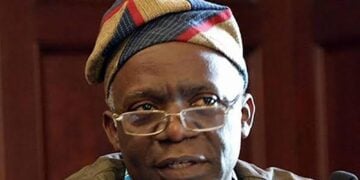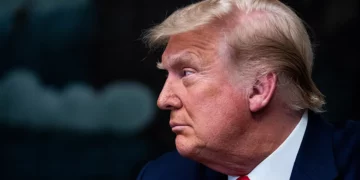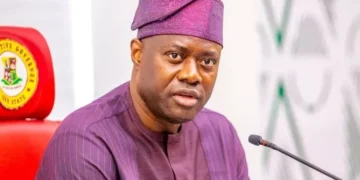A non-governmental organisation, Bridge Connect Africa Initiative (BCAI), has said 4000 cases of sexual violence was recorded in Kano in the last five years.
BCAI’s chief operating officer(COO), Mrs. Fatima Musa, disclosed this while launching the Women Against Violence Empowered Sustainability (WAVES) project, which intends to empower 50 Survivors of Gender-Based Violence(GBV), those at risk, and women in small-scale agribusinesses in Kano State.
According to her, based on UNICEF report, women and girls face significant gender inequalities, with 1 in 3 women reporting experiences of GBV. She added that, available statistics from the Centre for Information Technology and Development (CITAD) revealed a record of 171 GBV cases between November 2022 and February 2023 in the state, while another record from the state chapter of the International Federation of Women Lawyers, (WARAKA Sexual Assault Referral Centre) documented over 4,000 cases of sexual violence in the last five years.
She further explained that, as an organisation focused on protecting women and girls from all forms of violence, it will continue in its advocacy on GBV and other harmful practices.
“Supported by the Government of Canada through the Canada Fund for Local Initiatives (CPRLI), the WAVES project aims to foster a thriving ecosystem of empowered women in Kano, promoting economic security and combating GBV through training in GBV prevention, financial literacy, business development, and sustainable agricultural practices.
“From our works and experiences, evidence shows that societal norms, economic challenges, and even climate change are some of the factors among others that keep many women trapped in cycles of poverty and dependence, increasing their risks of gender-based violence.
“While some seek survival through small-scale agribusiness, their efforts are often hindered by limited skills and market access, leading to continued vulnerability and exploitation.
“By the end of the WAVES project, we envision these women thriving in their businesses and advocating for a sustainable, violence-free society where they can fully realize their potential,” Mrs Musa stated.
We’ve got the edge. Get real-time reports, breaking scoops, and exclusive angles delivered straight to your phone. Don’t settle for stale news. Join LEADERSHIP NEWS on WhatsApp for 24/7 updates →
Join Our WhatsApp Channel









